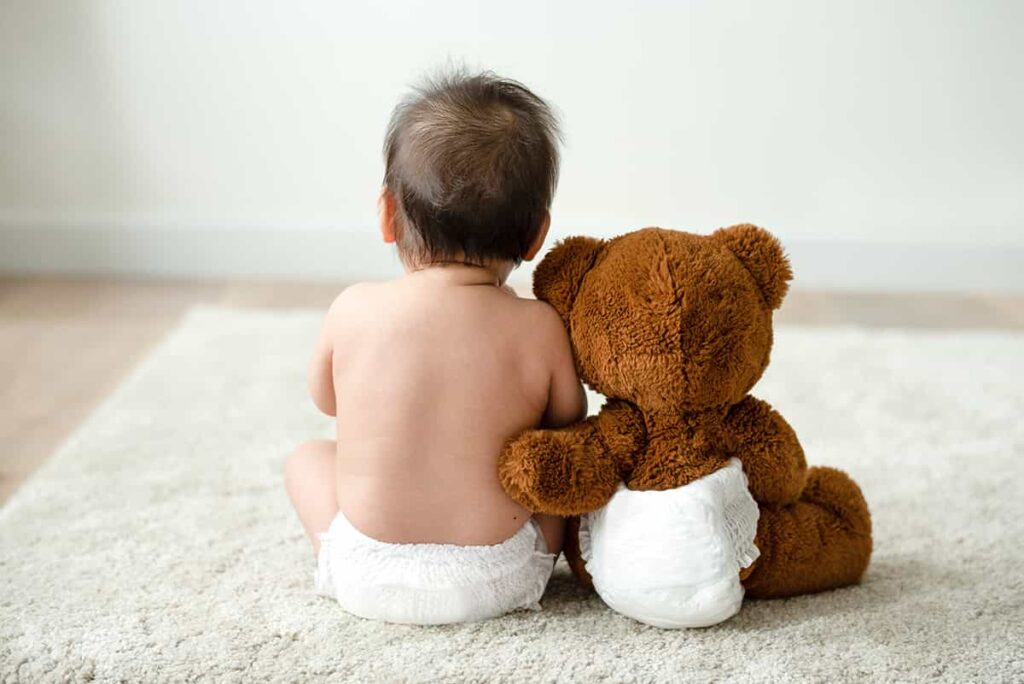Attachment Isn’t Just for Babies

Most people think of attachment as something that concerns babies and their mothers, a set of behaviors designed to keep helpless infants close to their caregivers. But decades of research in developmental psychology and neuroscience have revealed that attachment doesn’t disappear after childhood — it simply transforms.
Why Do Therapists Focus So Much on Feelings?

We tend to think of feelings as fleeting, subjective experiences—mere reactions to the world around us and perhaps even distractions. But emotions, moods, and other subjective feelings are far more than momentary states or ; they are central to understanding why we act the way we do.
What Couples Typically Do – and Do Not – Bring to Couple’s Therapy

Couples therapy is often seen as a last resort—a way to mend a relationship teetering on the edge of collapse. However, many couples come to therapy without fully considering what they might best bring with them beyond just grievances and frustrations.
Therapy Can Promote Your Affective Health and Lower Your Risks

If you’ve been thinking about starting therapy but are unsure if it’s the right fit for you, know that you’re not alone in feeling this way—and therapy can offer a powerful path to significant improvements.
Dealing with Your Stress-Induced Insomnia: Ways to Help You Sleep Better

It is 3 a.m. in the morning and Sarah is still wide awake. If she was in college and did not have class until the afternoon or it was the weekend, this would not be as much of an issue; however, it is actually Tuesday night (Wednesday morning, really), and she has to be at […]
